- Home
- About Us
- Products
- TD High-efficiency And Energy-saving Circulating Pump
- TD High-efficiency And Energy-saving Circulating Pump Accessories
- Pipeline Pump
- Pipeline Pump Accessories
- Sewage Pump
- Sewage Pump Accessories
- LG Multi-stage Pump
- LG Multi-stage Pump Accessories
- Cooling Tower Circulation Pump
- Electric Motor
- Electric Motor Accessories
- News
- Contact Us
- Home
- About Us
- Products
- TD High-efficiency And Energy-saving Circulating Pump
- TD High-efficiency And Energy-saving Circulating Pump Accessories
- Pipeline Pump
- Pipeline Pump Accessories
- Sewage Pump
- Sewage Pump Accessories
- LG Multi-stage Pump
- LG Multi-stage Pump Accessories
- Cooling Tower Circulation Pump
- Electric Motor
- Electric Motor Accessories
- News
- Contact Us
Web Menu
- Home
- About Us
- Products
- TD High-efficiency And Energy-saving Circulating Pump
- TD High-efficiency And Energy-saving Circulating Pump Accessories
- Pipeline Pump
- Pipeline Pump Accessories
- Sewage Pump
- Sewage Pump Accessories
- LG Multi-stage Pump
- LG Multi-stage Pump Accessories
- Cooling Tower Circulation Pump
- Electric Motor
- Electric Motor Accessories
- News
- Contact Us
Product Search
Exit Menu
Are there any energy-saving features or technologies incorporated into modern pipeline pumps?
Variable Frequency Drives (VFDs)
One of the standout innovations driving energy efficiency in modern pipeline pumps is the widespread adoption of Variable Frequency Drives (VFDs). These electronic devices dynamically control the speed of the pump motor by adjusting the frequency of the electrical power supplied. By matching the pump's speed to the actual demand, VFDs eliminate the energy wastage associated with running pumps at full capacity when lower flow rates suffice. This adaptive control not only conserves energy but also extends the lifespan of the pump components by reducing unnecessary wear and tear.
Efficient Motor Design
Integral to the energy-saving prowess of modern pipeline pumps is the utilization of efficient motor designs. High-efficiency motors, compliant with standards such as NEMA Premium or IE3, are engineered to minimize energy losses and maximize power conversion. By employing advanced materials, optimized windings, and precision engineering, these motors deliver superior performance while consuming less energy. The result is a substantial reduction in operational costs over the lifecycle of the pump system.
Optimized Impeller Design
The heart of any pump, the impeller plays a crucial role in determining hydraulic performance and energy efficiency. Modern pipeline pumps feature meticulously engineered impeller designs aimed at reducing hydraulic losses and enhancing overall efficiency. Through computational fluid dynamics (CFD) simulations and iterative design refinements, pump manufacturers achieve optimal impeller geometries that minimize turbulence, improve flow characteristics, and ultimately save energy during operation.
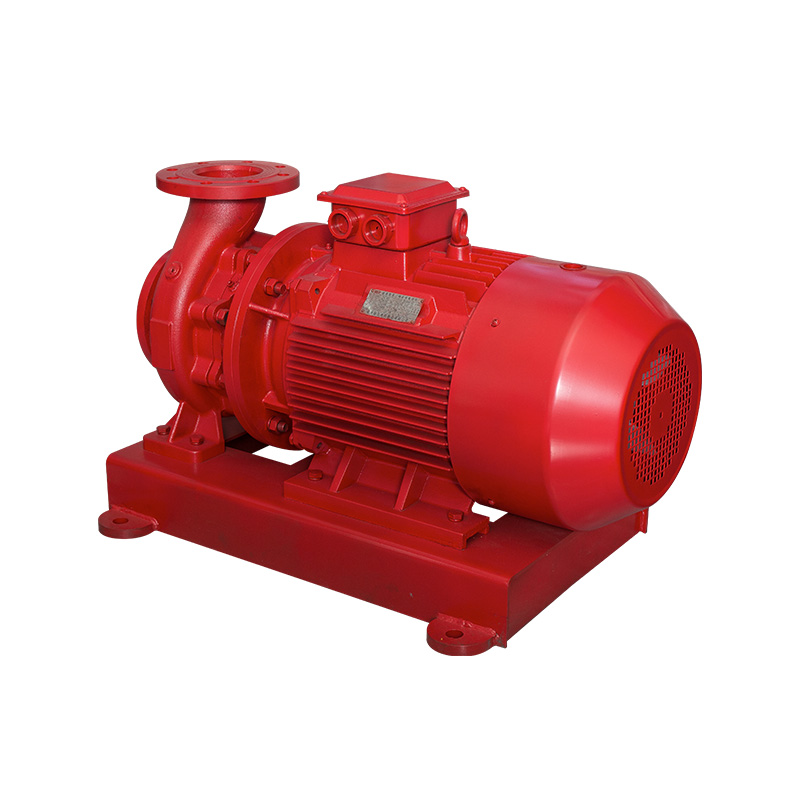
Smart Control Systems
Advancements in automation and control systems have ushered in a new era of intelligence for pipeline pumps. Smart control systems leverage real-time data and sophisticated algorithms to orchestrate pump operation with unparalleled precision. By analyzing factors such as flow rates, pressure conditions, and system demand, these systems dynamically adjust pump settings to optimize energy usage. Additionally, predictive maintenance capabilities built into smart control systems help prevent downtime and further enhance operational efficiency.
Pump Scheduling and Sequencing
In applications where multiple pumps are deployed, intelligent scheduling and sequencing algorithms play a pivotal role in energy conservation. By coordinating the operation of pumps based on demand forecasts and system requirements, these algorithms ensure that pumps run at optimal speeds and capacities. This proactive approach not only reduces energy consumption but also enhances system reliability and longevity by minimizing stress on pump components.
Energy Monitoring and Reporting
The integration of energy monitoring and reporting features empowers operators and engineers to gain actionable insights into pump performance and energy utilization. Real-time energy monitoring allows for continuous optimization of pump settings, while comprehensive reporting capabilities facilitate data-driven decision-making. By identifying inefficiencies, detecting trends, and implementing corrective measures, stakeholders can fine-tune pump operations for maximum energy savings and operational excellence.
Related Products
-
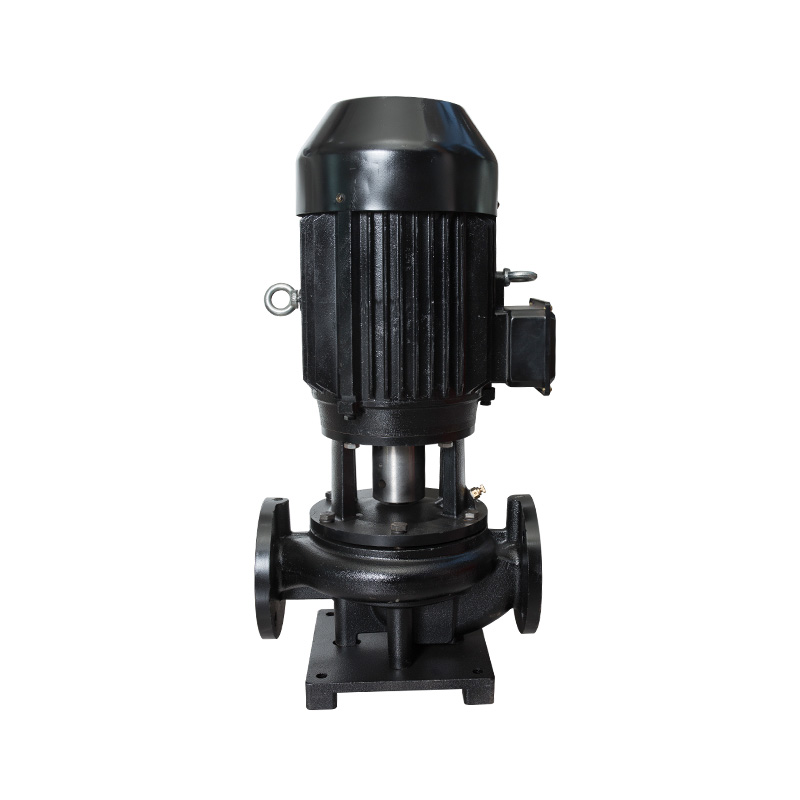
Vertical TD high-efficiency and energy-saving circulation pump
Cat:TD High-efficiency And Energy-saving Circulating Pump
The TD type single-stage pipeline circulation pump is a green, environ...
See Details -
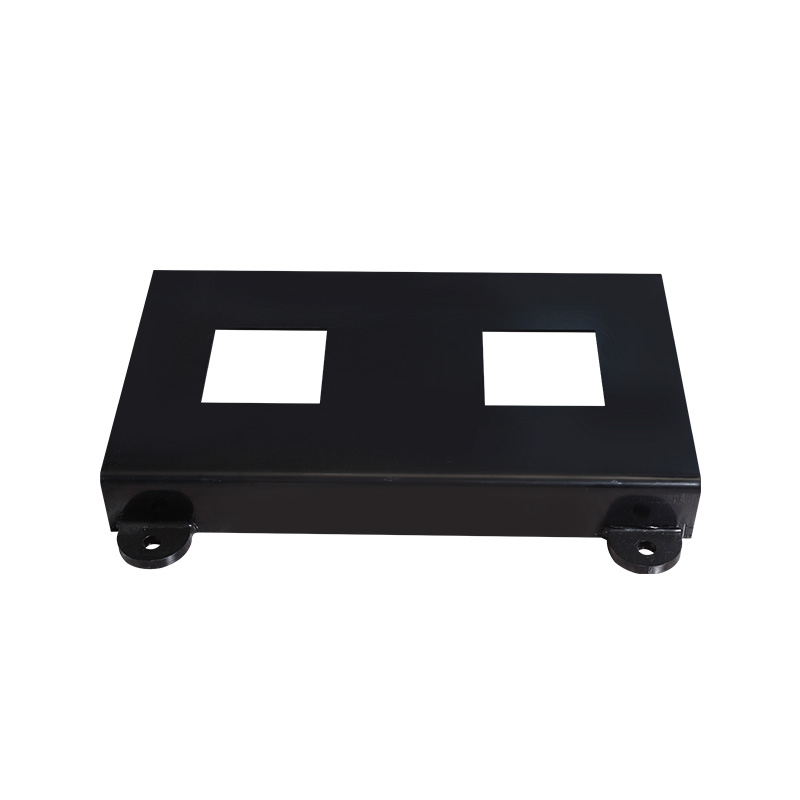
Pipe pump horizontal base
Cat:Pipeline Pump Accessories
The pump base serves to support and secure the pump casing. Horizontal...
See Details -
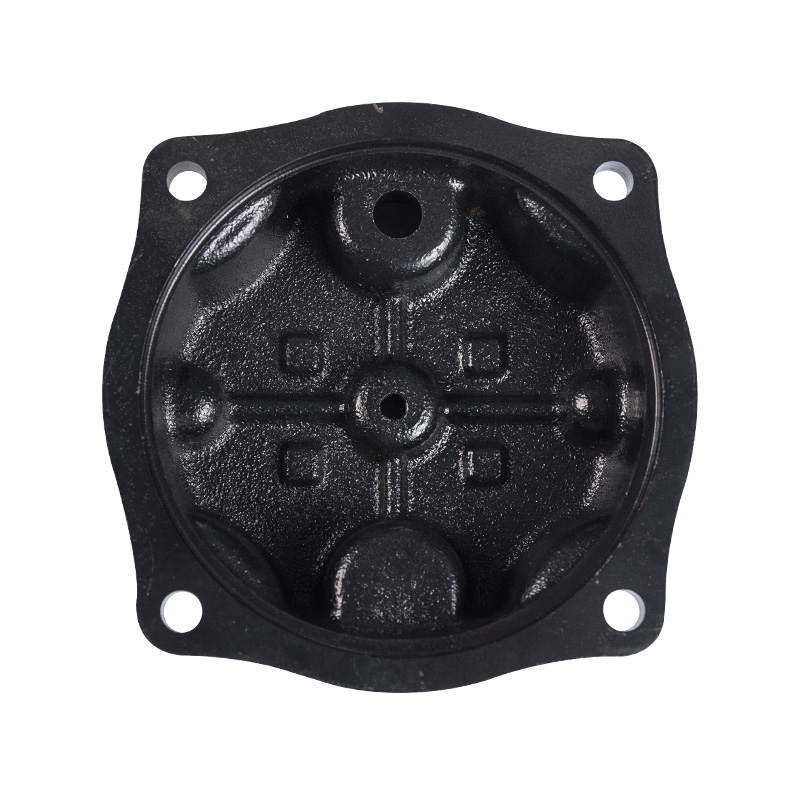
Sewage pump hanging cover
Cat:Sewage Pump Accessories
Installed on the upper part of the sewage pump unit, it is used for li...
See Details -
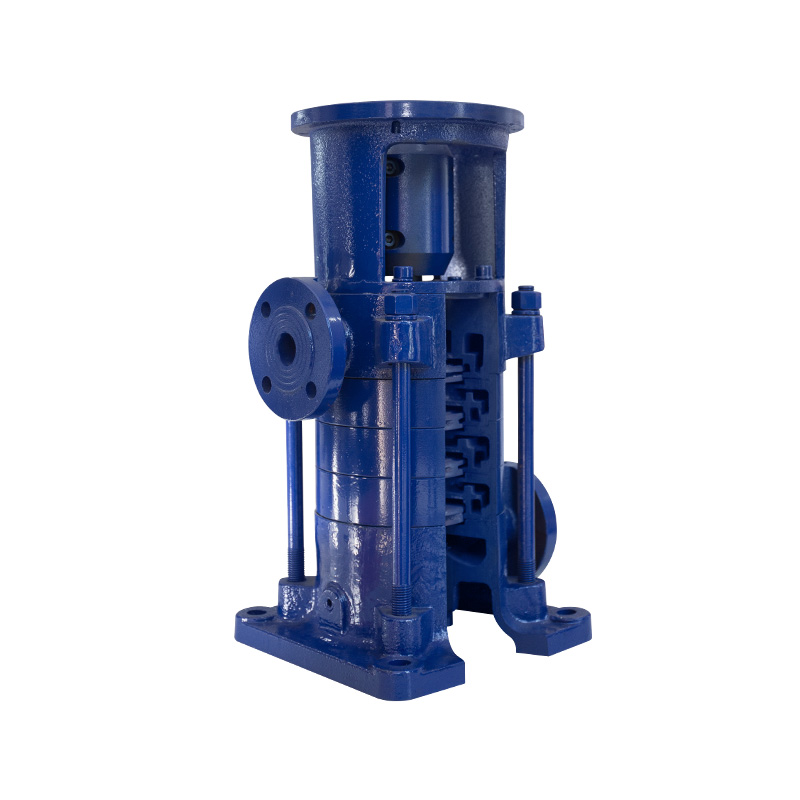
LG multi-stage pump 150 series
Cat:LG Multi-stage Pump
Operating conditions 1. It can convey clear water or non-corrosive med...
See Details -
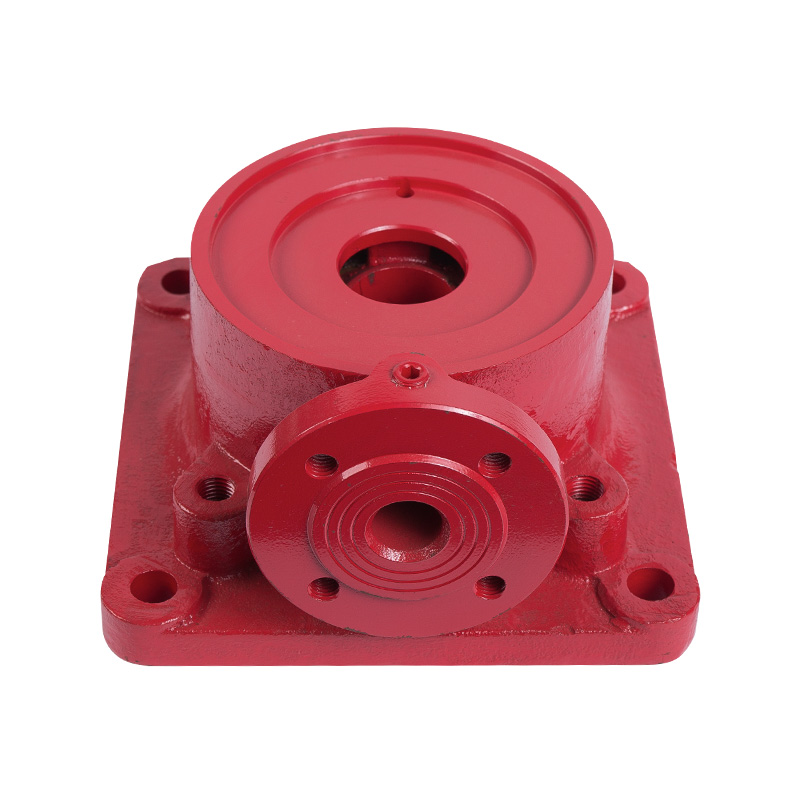
LG multi-stage pump water inlet section
Cat:LG Multi-stage Pump Accessories
The inlet section is the inlet portion of the pump and is responsible ...
See Details -
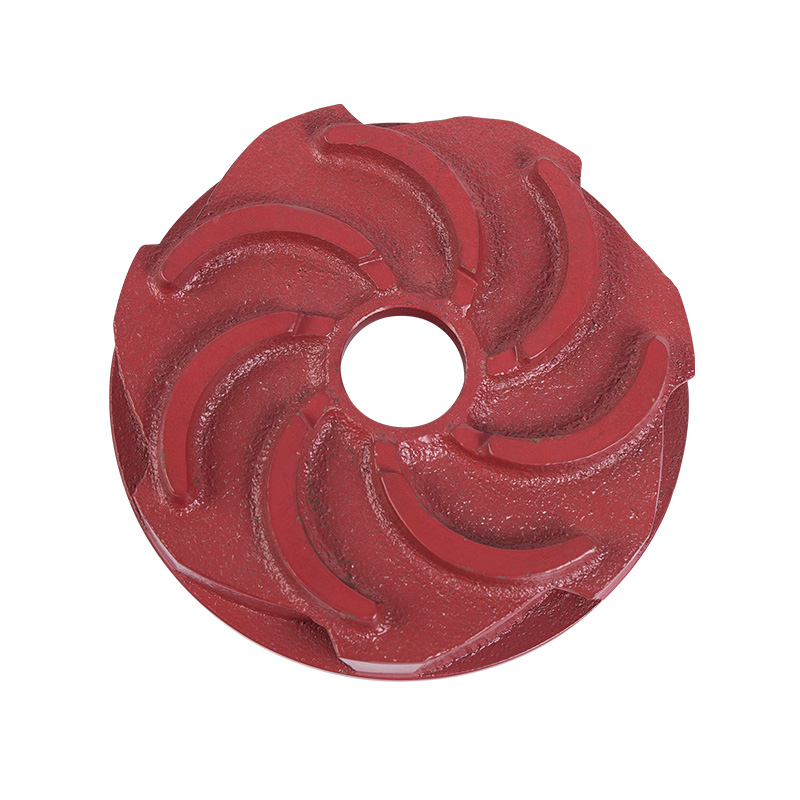
LG multi-stage pump guide vane
Cat:LG Multi-stage Pump Accessories
A guide vane is a guiding device located at the impeller inlet that gu...
See Details -

LG multi-stage pump motor bracket
Cat:LG Multi-stage Pump Accessories
Motor bracket is a support part used to fix the motor and connect the ...
See Details -
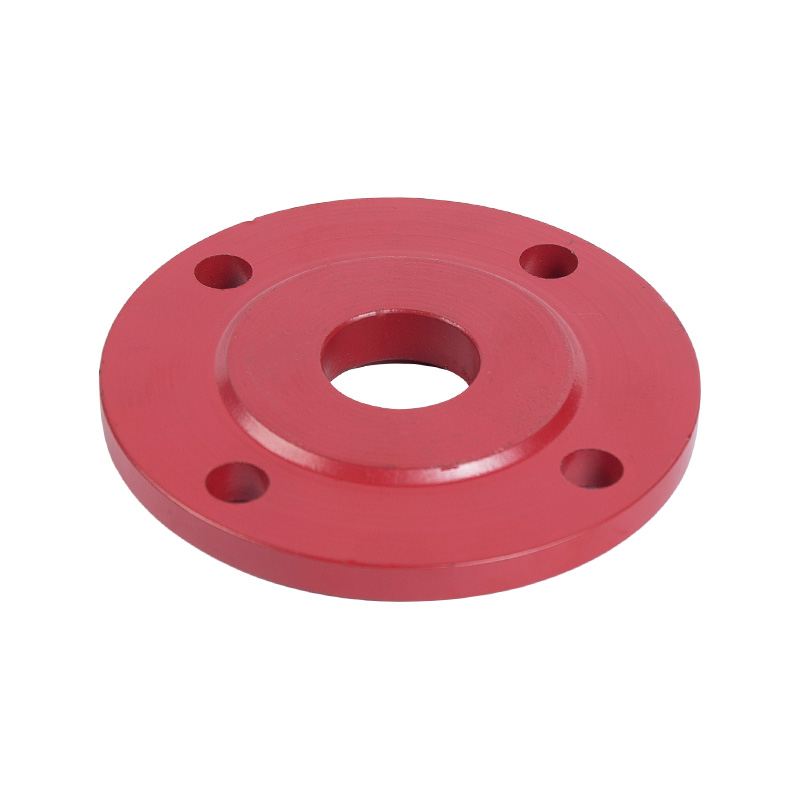
LG multi-stage pump seal gland
Cat:LG Multi-stage Pump Accessories
The machine seal gland is a component that encloses the machine seal u...
See Details -
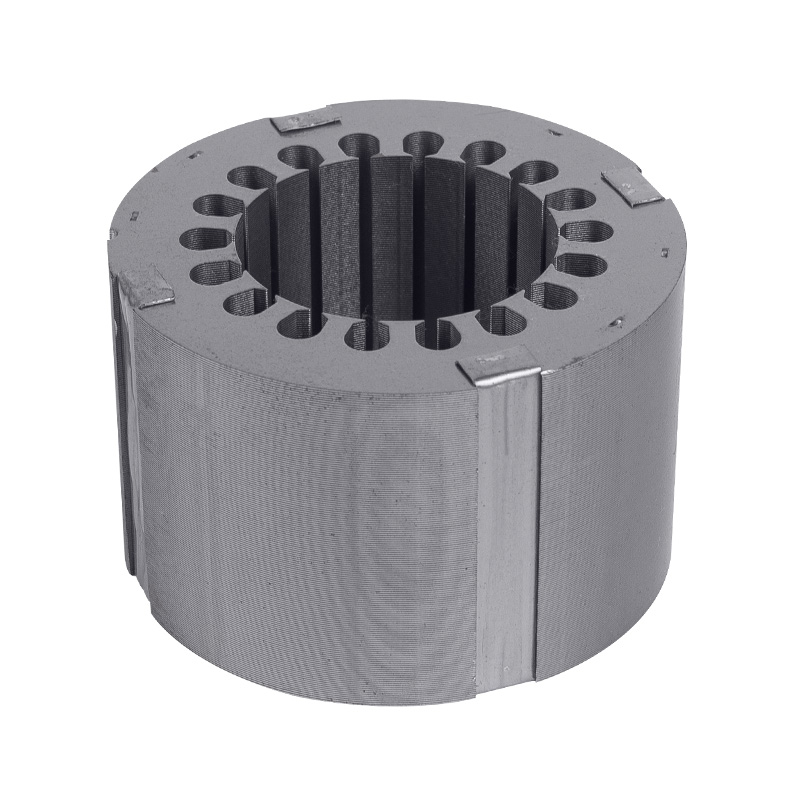
Motor core stator and rotor
Cat:Electric Motor Accessories
A common motor structure, the stator is fixed by the iron core structu...
See Details -

Cooling Tower Circulation Pump
Cat:Cooling Tower Circulation Pump
The cooling tower circulation pump is key equipment in the cooling tow...
See Details
- TD High-efficiency And Energy-saving Circulating Pump
- TD High-efficiency And Energy-saving Circulating Pump Accessories
- Pipeline Pump
- Pipeline Pump Accessories
- Sewage Pump
- Sewage Pump Accessories
- LG Multi-stage Pump
- LG Multi-stage Pump Accessories
- Cooling Tower Circulation Pump
- Electric Motor
- Electric Motor Accessories
-

+86-0563-2251312
-

+86-0563-2251311
-

+86-139 6620 0379
-

-

No.43 Guohua Road, Guangde Economic Development Zone, Xuancheng City, Anhui Province, China

